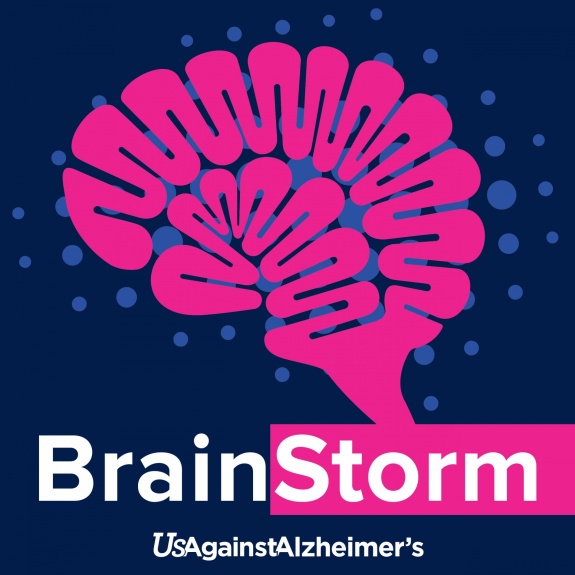Subscribe on your favorite player
Listen on Apple Podcasts Listen on Spotify Listen on Stitcher Listen on Google PodcastsBoosting the Brain's Immune System - Dr. Katrin Andreasson

About This Episode
Previous research has shown that NSAIDS, a class of anti-inflammatory drug, can help prevent Alzheimer’s in cognitively normal people, but it wasn’t clear why. NSAIDs do not work once any memory loss has begun, so this is a real preventive effect. Now, exciting new research has identified a potential culprit - malfunctioning immune cells in the brain. This discovery has opened up new avenues for treatment.
In June’s Alzheimer’s Talks, we were joined by Dr. Katrin Andreasson, Professor of Neurology at University of Stanford, who has led groundbreaking research investigating the role of microglia, the brain’s immune cells, in Alzheimer’s disease.
CLICK THE PLAY BUTTON AT LEFT TO HEAR THE DISCUSSION.
Key Highlights from the Call
- The pathologies of Alzheimer’s can start in early-to-mid adulthood, but are clinically silent for decades. That’s actually good news: If researchers can identify who is at risk, they have plenty of time to intervene before symptoms begin.
- NSAIDS – non-steroid anti-inflammatory drugs – seem to help prevent Alzheimer’s in cognitively normal aging populations. This suggests that the prodromal stage leading up to Alzheimer’s disease involves an inflammatory response.
- Microglia are the brain’s immune system, cleaning up debris and regulating inflammation. They clear A-beta protein, a precursor of amyloid plaques, but they lose function with age.
- A particular receptor, EP2, may predispose to developing Alzheimer’s. In Alzheimer’s mouse models, EP2 increases inflammation, suppressing microglial function and allowing amyloid to build up.
- Inhibiting EP2 restores healthy microglial function. In mice, removing the EP2 receptor decreased inflammation and amyloid buildup and restored memory.
Dr. Andreasson stressed that we’re still years away from a viable treatment based on this discovery – and that without increased funding for the National Institutes of Health, moving to human trials will take even longer.
In the meantime, we can keep inflammation down in other ways that might help prevent or delay Alzheimer’s: A healthy diet low in sugars and fats, exercising, and getting enough sleep all help decrease inflammation.
We’re grateful to Dr. Andreasson for sharing some of her findings from this exciting research.
